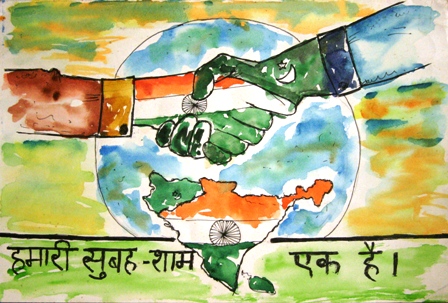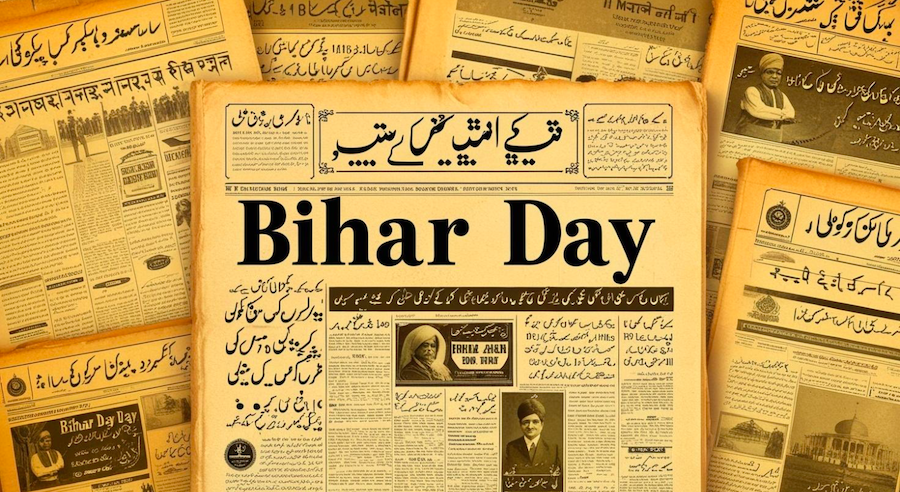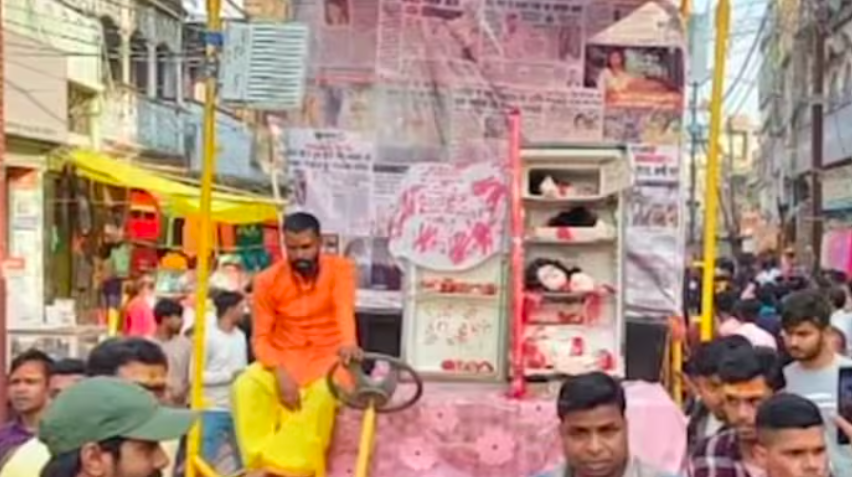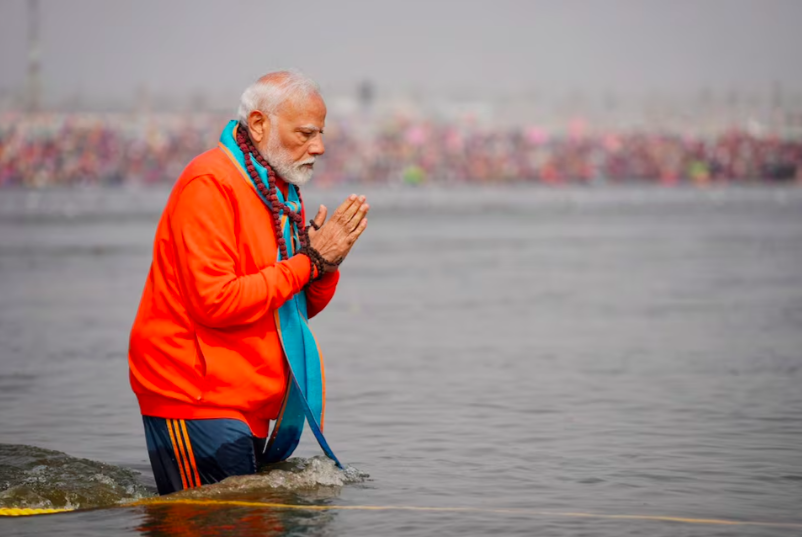Myra MacDonald
Islamabad (Reuters): India and Pakistan begin peace talks on Thursday, an important safety valve between two nuclear-armed countries which the United States hopes will help stabilize the region as it prepares to withdraw troops from Afghanistan.
But after many false starts, hopes were being kept deliberately low for the two days of talks between Indian Foreign Secretary Nirupama Rao and her Pakistani counterpart, Salman Bashir.
“We have realistic expectations,” an Indian government source said. “We should not expect quick and dramatic resolutions.”
With the India-Pakistan rivalry often spilling into Afghanistan, the United States and its allies are hoping the peace process will gather pace in tandem with plans to gradually withdraw western troops ahead of a 2014 deadline.
President Barack Obama is due to announce the first of a phased withdrawal of U.S. troops later on Wednesday.
During the talks, the foreign secretaries will discuss Kashmir, the disputed territory which has bitterly divided India and Pakistan since independence in 1947.
Pakistan and India, which have fought three full-scale wars since independence, two over Kashmir, resumed a formal peace process in February, broken off after the November 2008 attack on Mumbai by Pakistan-based militants which killed 166 people.
Progress has been incremental in talks which have included meetings between defense, interior and trade secretaries and a visit by Pakistan Prime Minister Yusuf Raza Gilani to India to watch an India-Pakistan cricket match with his counterpart Manmohan Singh.
A Call for Patience
“Patience is something that is called for. We will have to be realistic, we will have to be positive in our approach,” Indian Foreign Minister S.M. Krishna told reporters in New Delhi this week.
He said the talks would hopefully “narrow the trust deficit and pave the way for normalization” of relations.
Any sudden crisis between the two – for example if another Mumbai-style attack triggered a military confrontation – could further destabilize Afghanistan and Pakistan.
Given the importance of India’s growing economy, it would also send shock waves around fragile markets worldwide.
In the Kashmir Valley, at the heart of a separatist revolt against Indian rule since 1989, and more recently scene of massive street protests which erupted in the past three summers, few held much hope of progress. “There is huge cynicism in Kashmir about the talks. People here have been witness to them for so many decades and never have they produced anything tangible,” said local political analyst Riyaz Ahmad. “These talks in the past have all ended in bitter disappointment,” said Mohammad Saqlain, a 47-year-old school teacher.
“I don’t see any hope. Kashmir may bleed more.”









